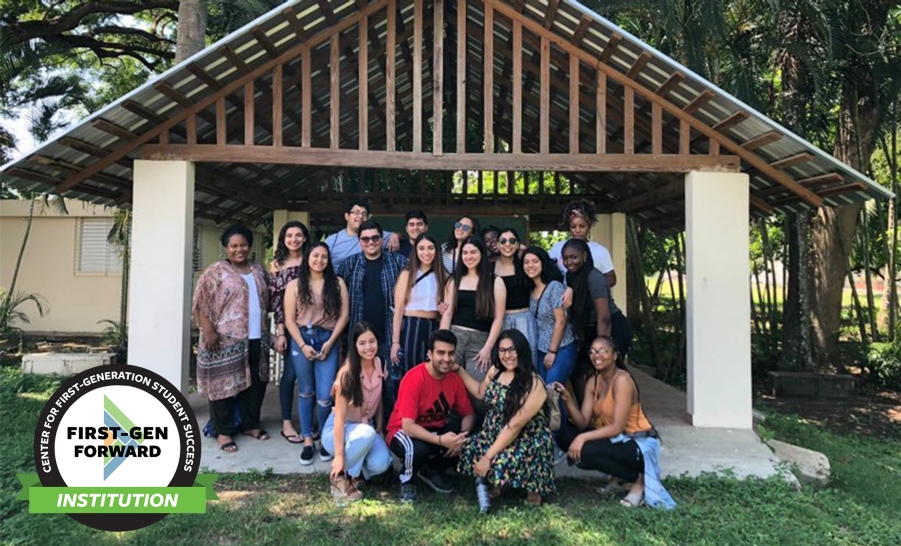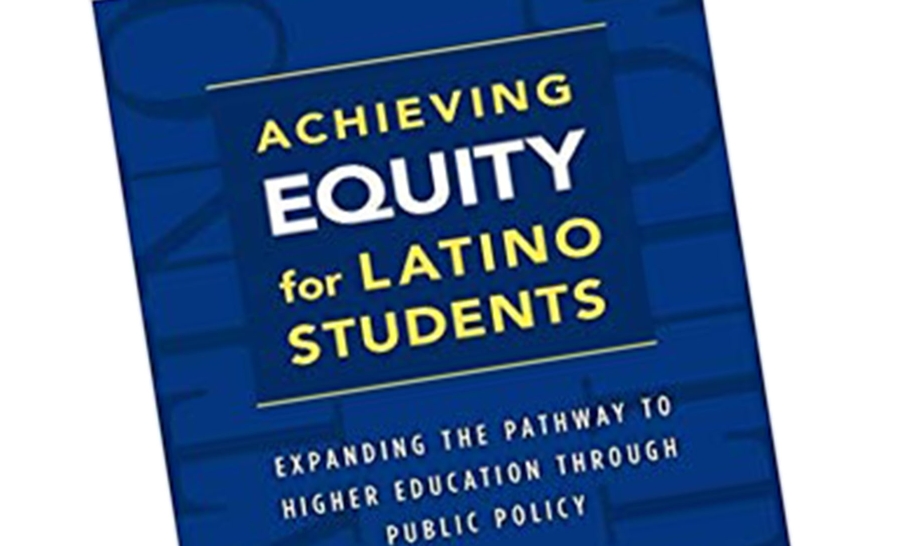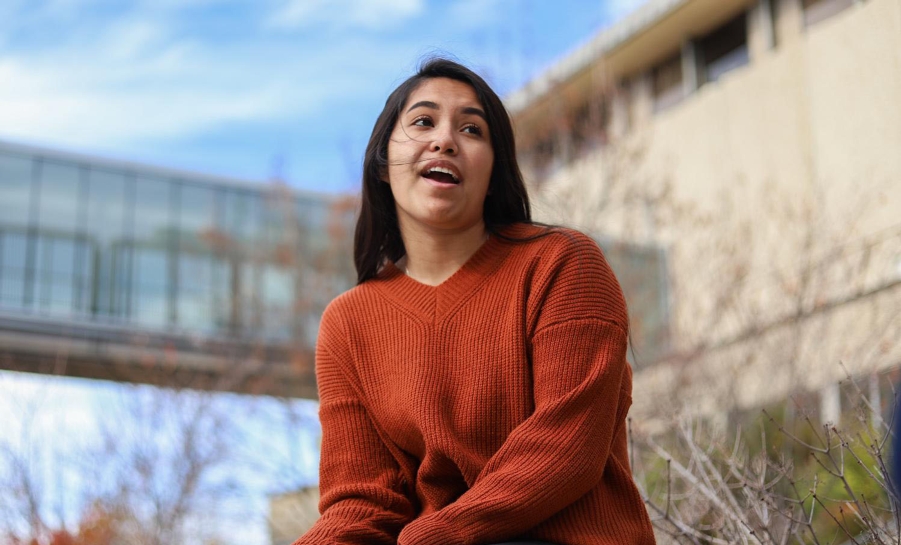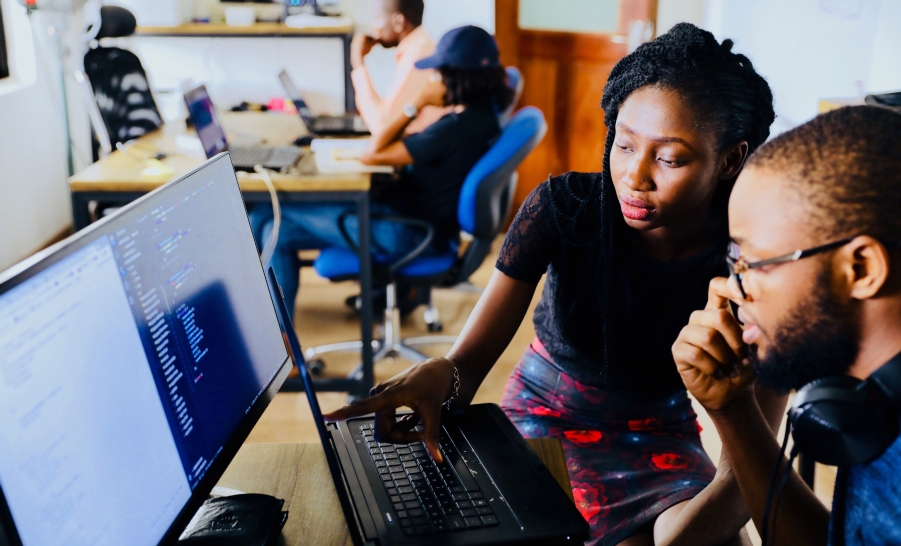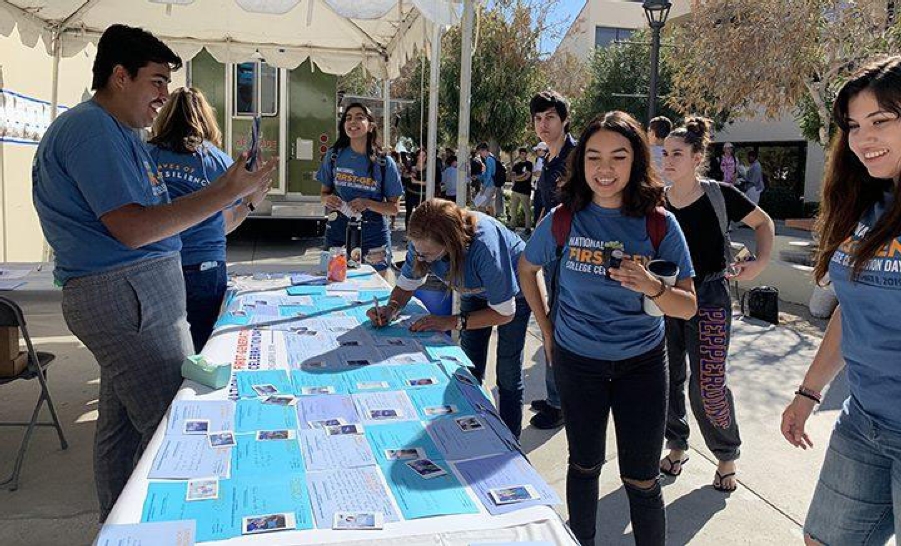Roadrunners First: Unlearning and Relearning Support of our First-generation College Students at MSU Denver
Colleen Toomey M.Ed., / FirstGen Forward / October 22, 2018
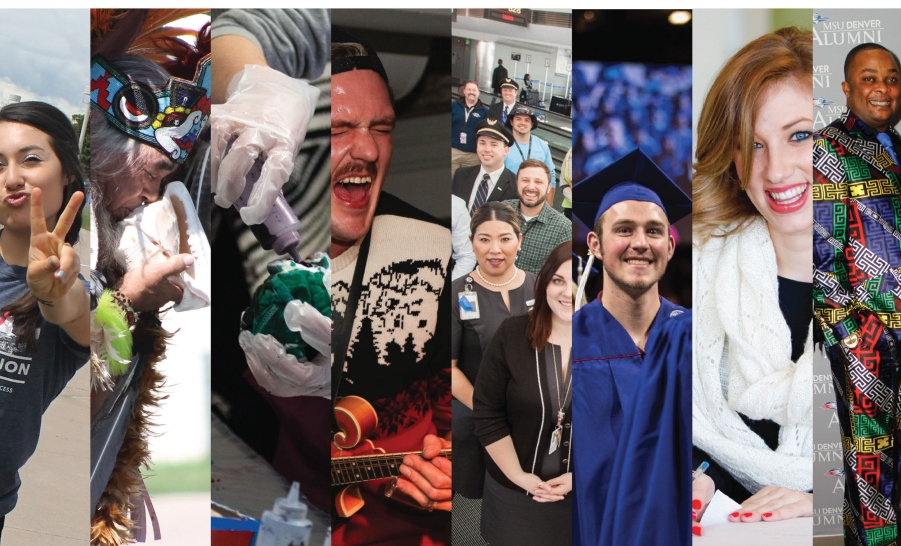
Metropolitan State University of Denver (MSU Denver) is home to over 9,000 first-generation students or 49% of our student population. We are a commuter campus in the heart of downtown Denver, with an average student age of 25. In the fall of 2016, a group of six faculty and staff convened to begin the groundwork in navigating actionable steps to solve why we were not retaining our first-generation students at the same rate as continuing-generation students, and how we could grow our existing student support programs to serve more first-generation students. Roadrunners First, a two-hour workshop for faculty and staff, was created to better equip staff and faculty in supporting our first-generation students.
Acknowledging that faculty spend the most face-to-face time with students became a foundational element in developing Roadrunners First. This was an opportunity to offer strategies and recommendations about best practices in promoting equitable outcomes for first-generation students in the classroom. As we developed the workshop, we knew that it was going to be crucial to ground in theory. We applied Tara Yosso’s work on cultural capital, Paul Gorski’s model on rethinking multicultural education, and Derald Wing Sue’s findings on microaggressions, which all set the stage for our learning experience. Additionally, we included student stories as they are a critical component when considering the audience. The committee wrote case studies that spoke to the intersectionality of first-generation student identities. These examples were developed from student-lived experiences and some faculty and staff drew from their own experiences. Additionally, we partnered with our student media office to create a powerful, 15-minute video which highlighted a dozen first-generation students experience at MSU Denver. The first-generation student stories and suggestions for faculty and staff have served as a highlight for participants. An added bonus to the workshops were the action planning discussions and opportunities to share resources as well as cross-disciplinary ideas.
So far, we have trained over 150 members of the campus community. Now, our goal is to take Roadrunners First to campus departments. This specific lens will allow us to understand our first-generation student population as well as opportunities for improvement, whether we are engaging with the HR representatives in the Administration and Finance Department or department chairs in the College of Letters, Arts, and Sciences.
